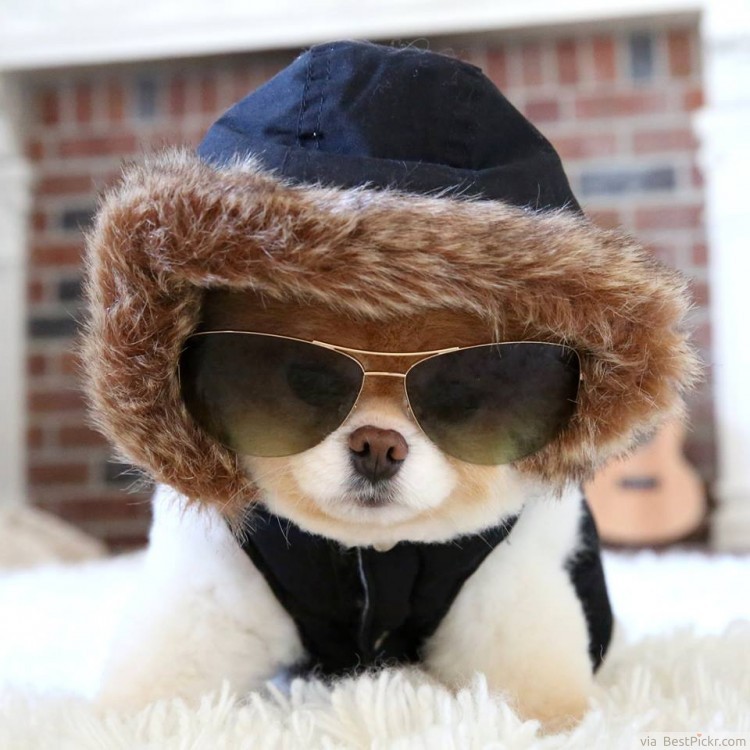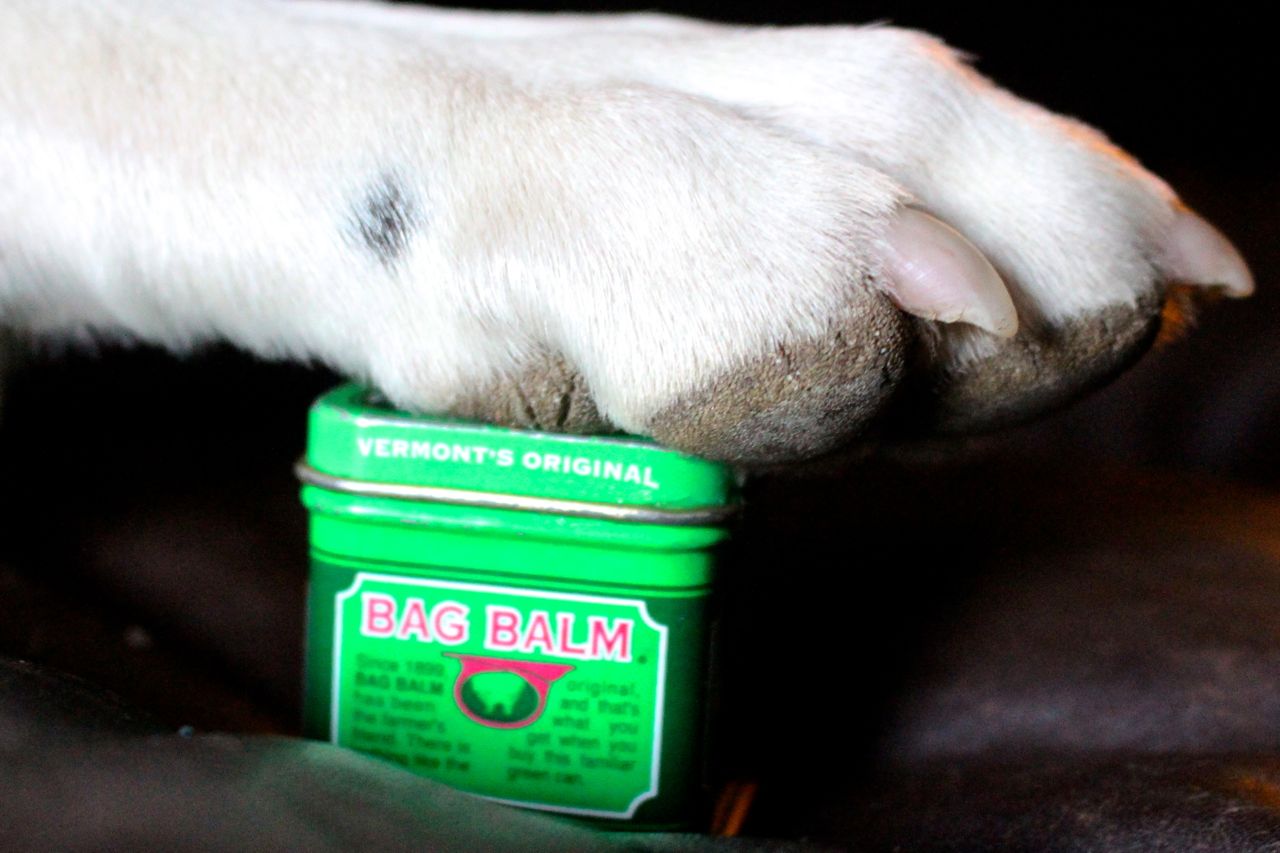Our winter season can be harsh, and the cold weather certainly seems to be taking hold. As the sub-zero temperatures set in we are feeling the cold, and our dogs are too! We prepare ourselves with warm coats, winter tires, and rustproofing, but it is essential that we prepare our dogs too! Check out the five essential tips below to ensure that your dog has a happy healthy and comfortable winter season.
1. Suit up with the appropriate attire!
Some dogs are better suited for cold weather than others. Huskies for instance are much better suited for the cold than short haired breeds. However, even huskies get cold so it’s important to limit exposure to the elements, no matter what type of dog you have. If your dog does have a nice fur coat, leave it shaggy for the winter time. Just be sure to brush the longer coat frequently and don’t over bathe. The extra brushing will help avoid tangles and other problems. Limiting the number of baths will prevent dry irritated skin, which can be a problem in the dry winter months. For short haired breeds, consider purchasing a sweater or a coat (click for link). While some people consider doggy clothing to be just for show, it is actually very helpful in the cold weather. If horses need blankets, your dog would probably love to have a coat!

2. Keep the salt off – You don’t want that puppy to rust
Make sure to pay extra attention to your dog’s paws in the winter months. Salt, ice, and dry bitter cold can cause their paw pads to crack and bleed. However, this irritation and soreness can be prevented. You can purchase dog booties for your furry friend, but if that’s not their style there are other options. Try rubbing Vaseline or Bag Balm on their paw pads before going out for a walk. This will help to protect their paw pads from winter damage. You should also always be sure to wipe off their feet, legs, and bellies if they are shorter, to ensure that salt is not left on them after coming in. Salt and other de-icing agents that are commonly used are harmful to pets when they lick their paws off.

3. Clean up your spills – Anti-Freeze is a Major Danger
Be very cautious when you are topping up the fluids in your vehicle, and clean up any spills. While it is seemingly common sense, it really doesn’t take much to do some major damage. Dogs are attracted to the sweet taste of anti-freeze and will go to town if they find a puddle. Just a little bit of caution here, and everyone should be fine!
4. Keep a good winter diet
A slightly increased food intake can be a great winter benefit for your dog. However, you should consult your veterinarian to ask about specific dietary needs for the cold season. It is always important not to overfeed Fido. However, keeping warm uses more energy so a little bit more food can be helpful. A protein enriched diet can also help to keep your dog’s fur coat nice and thick, as well as healthy.
5. Can I see some identification please?
Making sure that your dog is properly licensed and tagged is important at all times of the year, but even more so in the winter. There are always plenty of guests in and out this time of year and it’s easy for your dog to get away from you. Even if they are out for a regular stroll on their own, or get off their leash, dogs can easily become lost in the winter. Dogs can lose their own scent in the snow and ice, making it difficult to find their way home. Combined with the cold weather, that can spell disaster. Make sure that your dog has proper tags or a microchip (click for link). Proper tags or a microchip will help to ensure that if someone else finds them, you can get them back!

